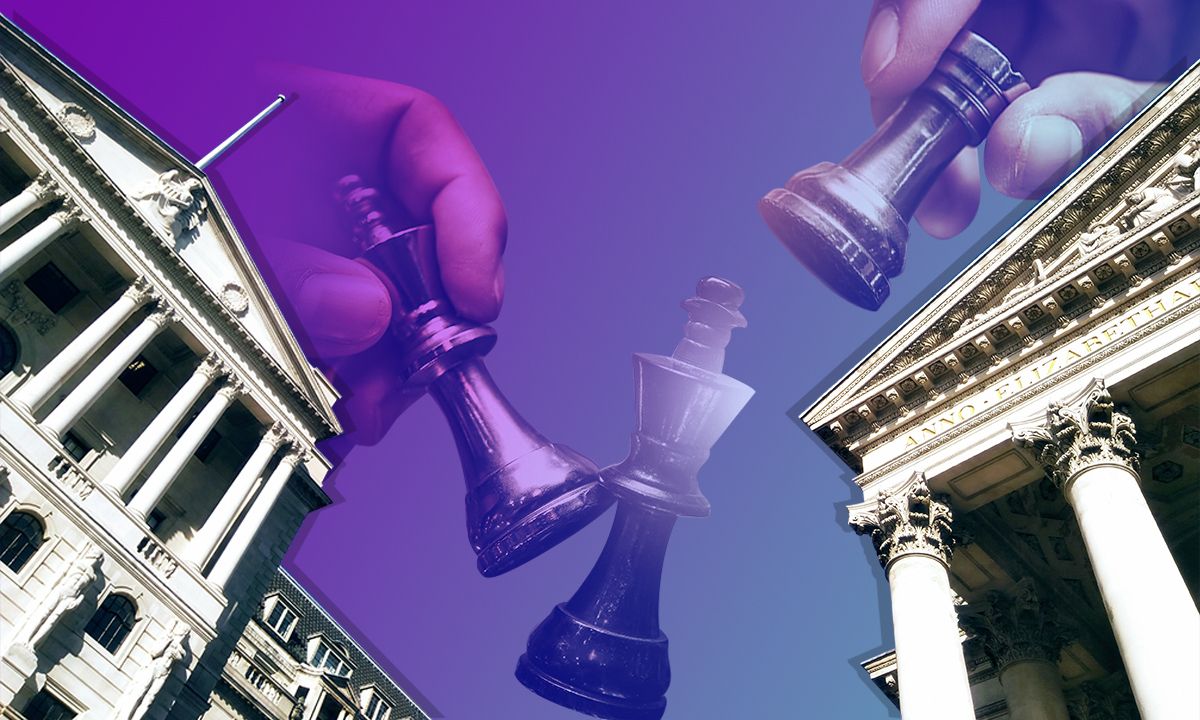Tinkoff, a big player in Russia’s online banking sector, is struggling with the country’s staunch rules in their goal of offering crypto to their customers.
CEO of Tinkoff, Oliver Hughes, has said both the bank and its customers are clamoring to add cryptocurrencies to the mix. However, they are being held back by the Bank of Russia’s current stance on digital assets. The bank has expressed interest in offering crypto trading services, but understands it will take time to navigate around Russia’s central bank.
Speaking at the Saint Petersburg International Economic Forum yesterday, Hughes expressed his frustration with policies keeping him and his clients from embracing digital currencies. Hughes said:
“There’s no mechanism for us to offer that product to them in Russia, at the moment, because the central bank has got this very tough position.”
He goes on to say that his bank has many “qualified investors who know what they’re doing,” and want access to cryptocurrency.
Strict Russian regulations
While Russia has allowed cryptocurrencies to obtain legal status, it still does not allow any digital asset to be used as a form of payment. The idea is that the Russian ruble is the only legal tender, which the country officially recognizes. This recognition of cryptocurrencies’ legal status has done little to nothing to benefit private banks.
In an interview with CNBS, Hughes stated that as it currently stands, Tinkoff has no clear framework to offer cryptocurrency options to investors in Russia. At least not if he hopes to keep the central bank off his back. While Hughes acknowledged the concerns over cryptocurrencies’ role in illegal activities such as drugs and money laundering, he believes the good would outweigh the bad if Russia eased back its regulations.
“Hopefully over time this will evolve and we’ll be able to achieve the aims of the central bank, making sure there’s no money laundering issues, making sure we’re protecting investors, but also offer products in a responsible way,” Hughes stated.
While the central bank has been against private banks offering up cryptocurrencies to clients, they are still working on a national digital currency (CBDC), a digital ruble. The governor of the central bank, Elvira Nabiullina, even went so far as to say that cryptocurrencies are the “future of our financial system.” Clearly, however, Nabiullina was referring to the digital ruble and not opening the doors for other currencies to take root in Russia.
Russia is not alone in its quest for a digital currency, both China, the U.S., and a number of European Union members are also making strides towards CBDCs.
Disclaimer
In adherence to the Trust Project guidelines, BeInCrypto is committed to unbiased, transparent reporting. This news article aims to provide accurate, timely information. However, readers are advised to verify facts independently and consult with a professional before making any decisions based on this content. Please note that our Terms and Conditions, Privacy Policy, and Disclaimers have been updated.


